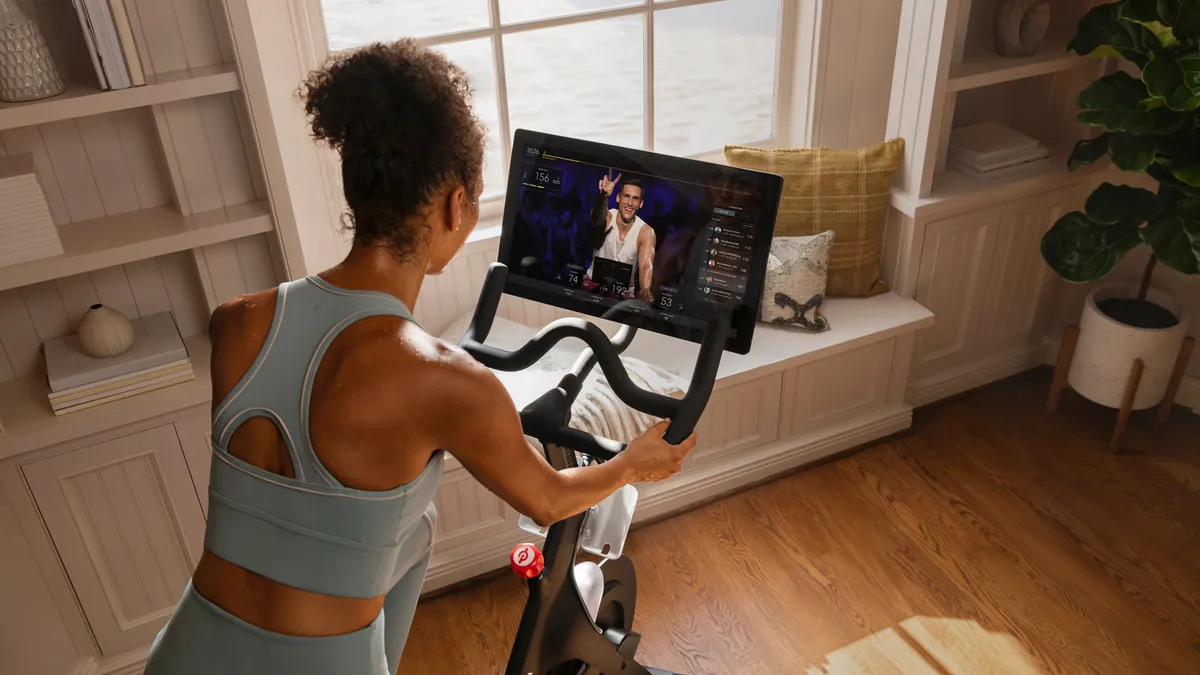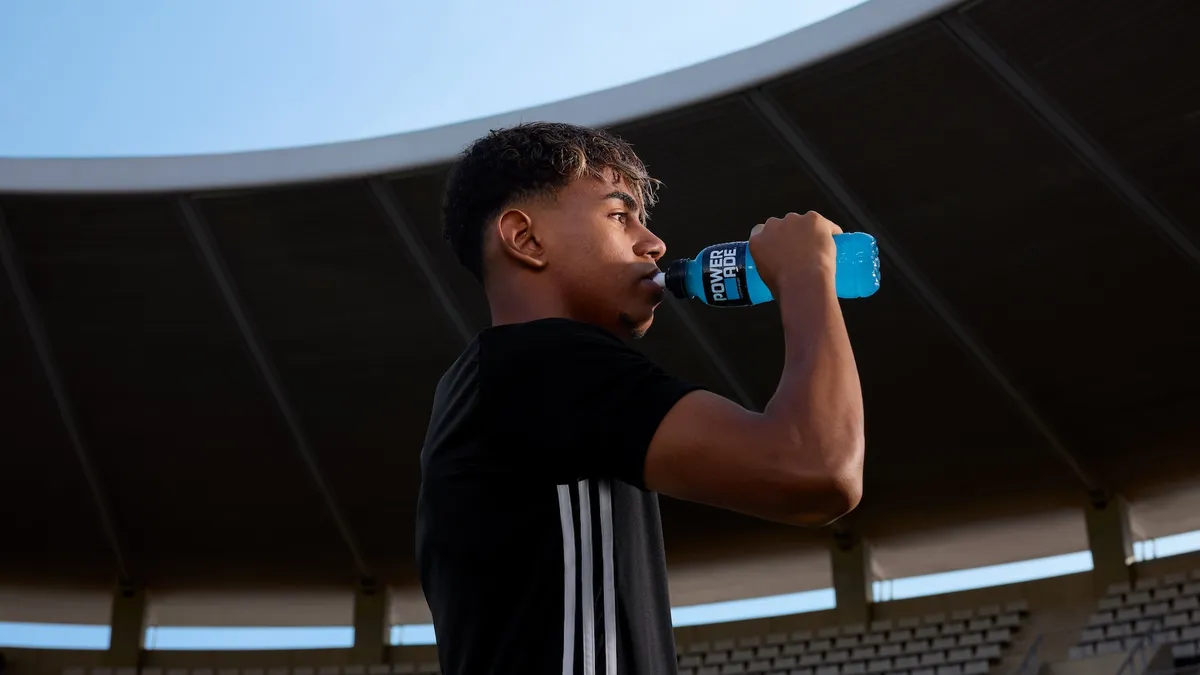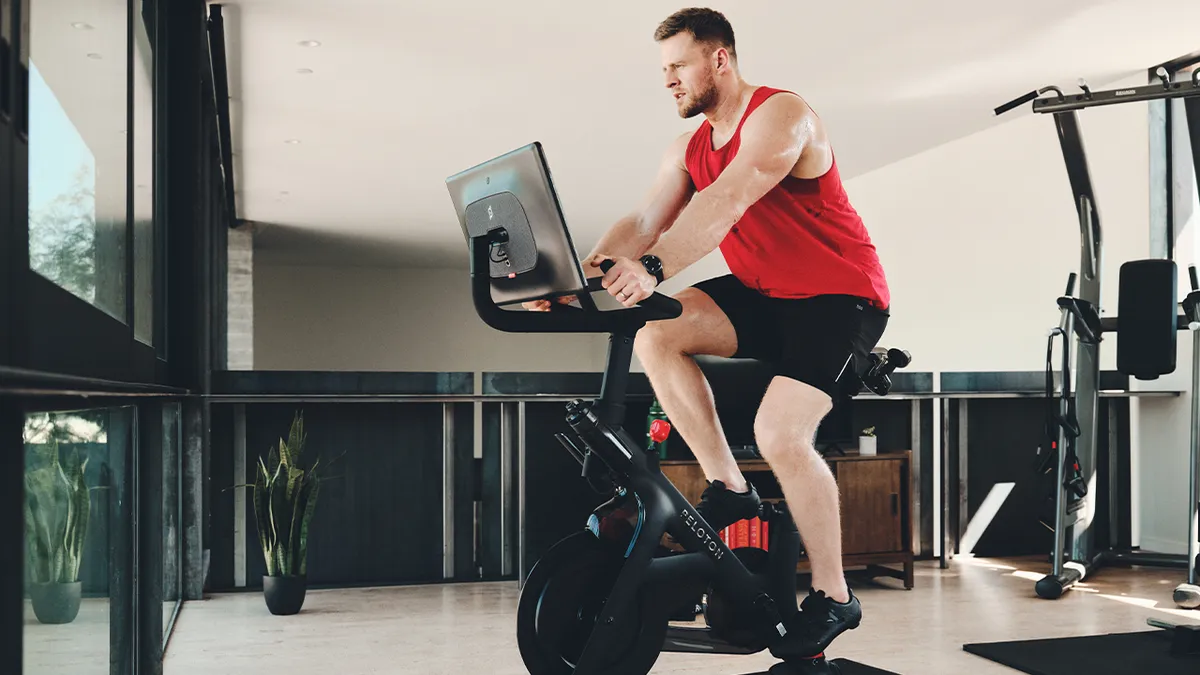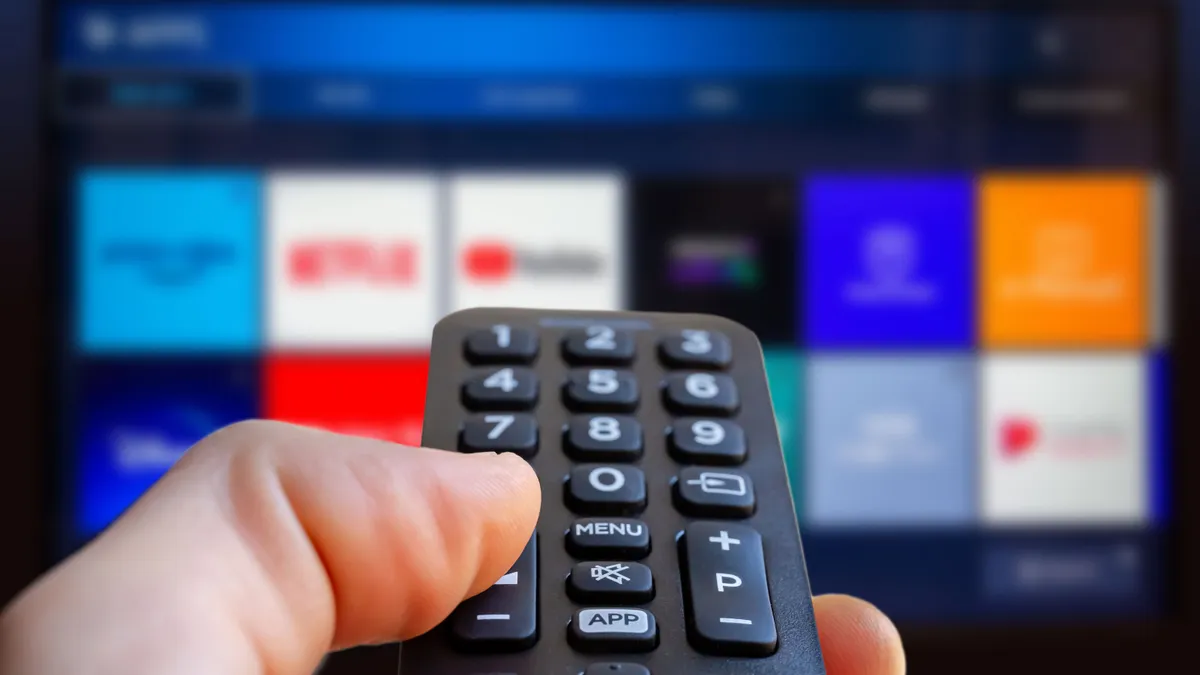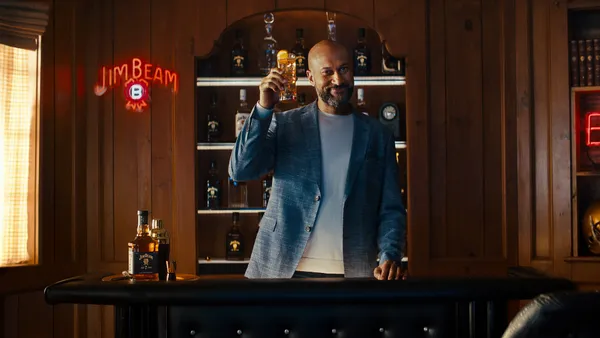The following is a guest post by Mark DiMassimo, founder & creative chief, and Lesley Bielby, co-CEO of DiMassimo Goldstein (DiGo). Opinions are their own.
Have you noticed that the pandemic keeps “ending” but never seems to end? This is down to a disconnect between human priorities and the priorities of one particularly troublesome crime family of viruses. In short, people are ready to move on and the virus isn’t.
Consumers are expressing this ready-to-move attitude in every way they can. Masks are coming off, even when health authorities say they shouldn’t. Booster roll-outs are busts from flagging participation. And Covid-19 fads – not so long ago the darlings of the pandemic marketplace – have fallen out of favor. Hard.
Let me remind you of a few things you likely want to forget. You were at home, a lot. The idea of “whipped coffee” took on a special level of appeal. The New York Times even covered the whipped coffee craze back in April of 2020, coverage which seems to have marked both the peak of this fad, and its end. Whipped coffee has rarely been reported or talked about in mainstream media since.
In 2021, TikTok fanned a global blaze of passion for “feta pasta,” so big that the The Washington Post reported on it. TikTok was even credited as the cause of a global feta cheese shortage. Whereas feta was feted during that pandemic year, feta has now fallen back to Earth. Feta is just feta again.
As I sit here at my desk in my home office, I gaze across the room at an inert piece of furniture gathering dust. It is sleek and metallic and stationary as stationary gets. I won’t divulge the brand name, but it used to be a connected exercise bike and it became essential home office equipment near the end of the first year of the pandemic.
Few of us could have missed that Peloton was a huge success during the pandemic, the shining star of a category constellation that burned bright when gyms were closed or under mask mandates and when working from home was the white-collar rule. Of course, the company’s stock has had the sort of fall one expects to see in the Tour de France, where every year it seems one rider goes down hard and takes half the pack. As an example of how far Peloton has fallen and how fast, the company’s signature product production is now outsourced, leaving the company as a marketer rather than a manufacturer. The company has recently turned to giving employees pay incentives just to boost morale as it tumbles.
At this point you may be thinking, “Well, isn’t that just what fads do?” Well, yes. But there’s reason to believe there’s more here and that more falls into three categories:
Storms of behavioral change drive whipsaw shifts in consumer demand.
Pandemics are perfect storms of behavior change. What we did yesterday, we couldn’t do today. Everything changed. Where we worked, how we exercised, how we shopped, entertained, traveled, played, socialized, dated, dressed, worshiped … the pandemic changed everything.
Behavior change is hard, and consumers rewarded companies that helped them achieve these necessary changes and ones that helped us make the most of them.
Companies like Peloton helped their members to stay more fit and active during the pandemic. The took socially isolated and unfocused proto-hermits and gave them a reason to move, someone to encourage them, a social activity, and a way to compete with themselves and others. They could do it from the safety of home. Peloton was handsomely rewarded.
Today, my connected bike sits unused. We’re sure that many can relate with how, after sitting alone doing Zoom calls in a home office all day, the last thing you want to do is to walk five feet and then exercise in an office. I can go to the gym now. I can go outside. I can be with people in real space. I’ve been trying to figure out what to do with this bike. It’s taking up space.
Trauma/PTSD and the power of negative associations
It has been estimated that pandemics leave 30% or more of affected populations with Post Traumatic Stress Disorder (PTSD). It’s likely that the Covid-19 pandemic exceeded this number, given that this was the most connected, reported, in-your-face pandemic ever. In fact, Psychology Today has reported that Covid-19 has already contributed to a higher prevalence of PTSD.
People with PTSD avoid things that trigger them. Things that trigger them are the things they associate with the moment of their traumatization. For example, if a Peloton was the metal horse you rode through the valley of the shadow of death, getting back on that horse in less frightening times is likely to trigger you.
Pent up demand for different
Lets face it, the lot of us were forced into a strange monasticism, living lives of renunciation of many of the things we typically think make life worth living: great social and romantic experiences; travel and novelty; playing sports; showing our faces and seeing the faces of others. The pandemic built up demand like a massive rubber band pulled to near snapping. While health experts tell us we’ve jumped the gun in many ways, as soon as the pressure was let off of that band, there was nothing that could be done to keep it stretched. All those things we had during the pandemic, we want at least a little less right now. All the things we didn’t get to have, we want more than we’ve ever wanted them. That’s why there’s a travel boom. That’s why restaurants are trapped between enormous demand and not enough workforce. And that’s one reason that prices are skyrocketing.
So, what’s a marketer to do about all of that?
First off, while the causes of behavioral storms, the pandemic, for example, can be unpredictable, much of the shape of them can be anticipated. Understanding behavior changes, for example those associated with the post-trauma of the pandemic and with higher prices, is the right starting point. Know that the cusp of change is especially salient for consumers, so that when you help them travel for the first time in two years, or help them to fill their tank up with gas at the old price, or buy a hotdog at Costco for the same dollar it always was, you’re earning major good will.
People still want and need help from companies in changing their behavior. People still want to make positive behavior changes. Consider leaving the trappings of the Covid-19 fad in the past, and finding new ways to help your customers achieve what they want in life.
Consider that the fad isn’t the story, but rather the story is behavior change. Remember the story of Plato’s Cave. People lived their whole lives in a cave watching the lights and shadows on the cave wall. They thought those lights and shadow were reality, and didn’t realize that people and things were casting those shadow. The fads are the shadows, and the causes are behavior changes. Build your strategy on those causes.
Find a way to keep track of and to anticipate consumer behavior changes. Things are going to change again — I might just hold on to that stationary bike for another year.


